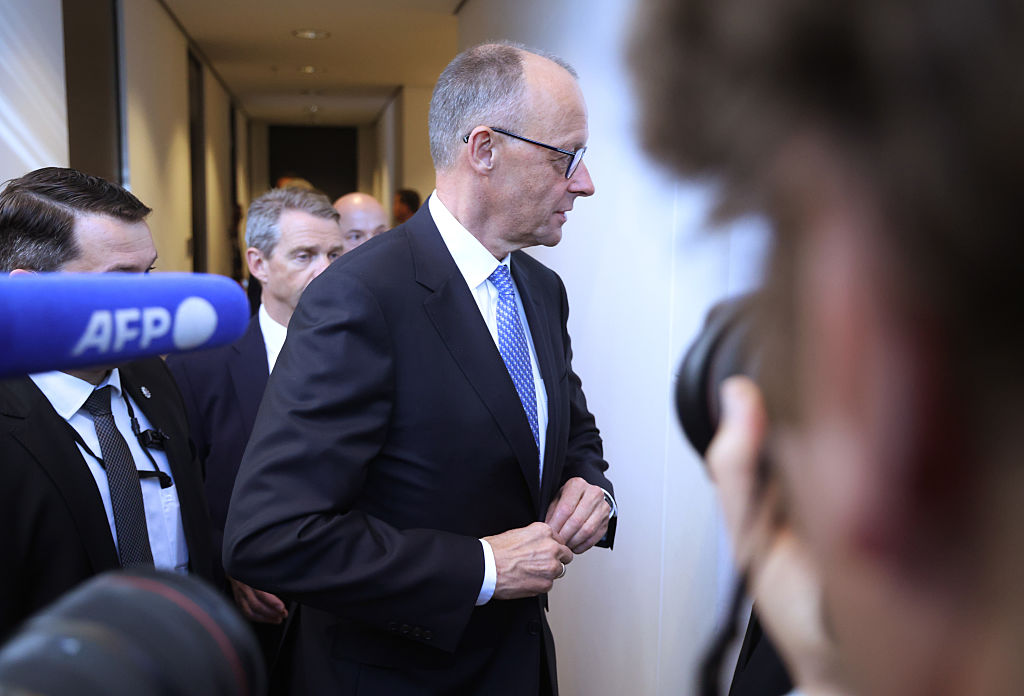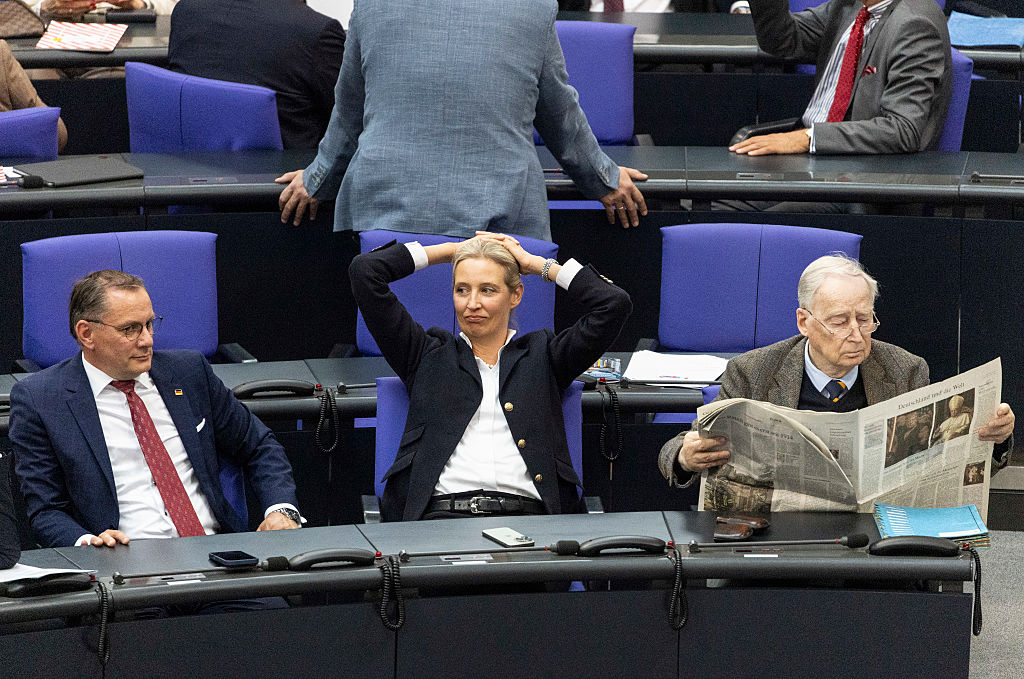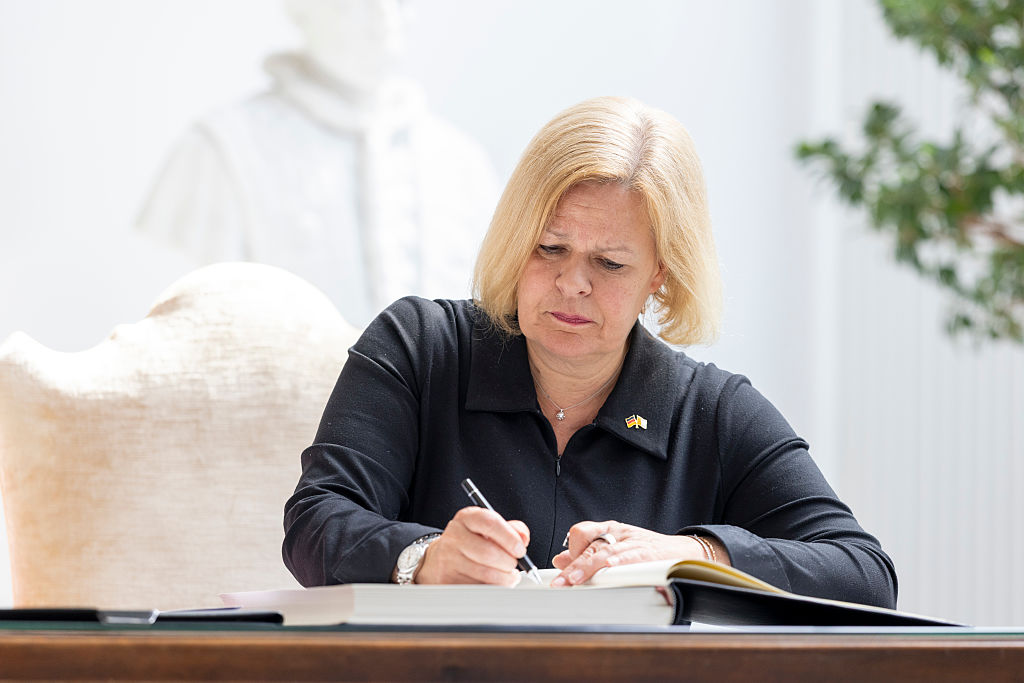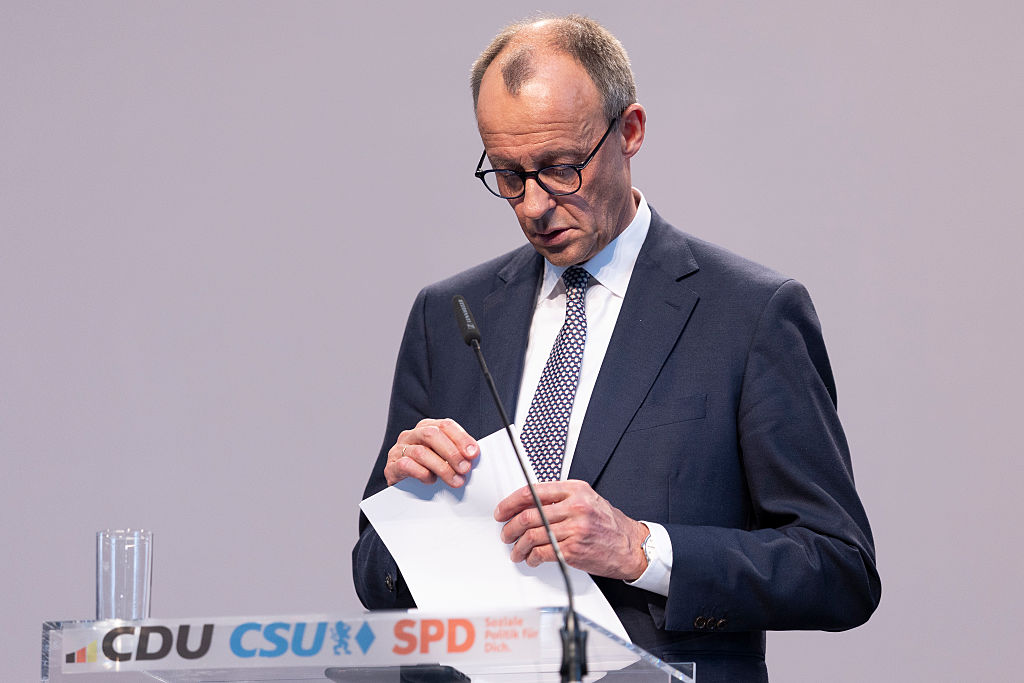In a break with long-standing German tradition, the Alternative for Germany party (AfD) has not obtained a single committee chairmanship in the Bundestag, the parliament’s main chamber.
According to lengthy tradition, the party would have been entitled to head six of the Bundestag’s 24 standing committees, after receiving almost 21 per cent of the vote in the February election.
All AfD candidates for committee chairmanships were, however, voted down by their fellow MPs on May 21.
The downvotes, although technically legal, represent a clear break with Germany’s long-standing democratic tradition.
For instance, the main opposition party traditionally chairs the powerful Budget Committee.
However, AfD candidate Ulrike Schielke-Ziesing was rejected in a 29–12 vote. The AfD fields 10 of the committee’s 41 members.
Similarly, AfD candidate Jochen Haug failed to be elected chairman of the Interior Committee in a 29–12 vote.
The right-wingers also did not receive the chairmanships in the other four committees where they had previously won the right to suggest a chairperson by lot: the Finance, Labour, Justice and Petition Committees.
AfD leader Alice Weidel bemoaned “discrimination” against the AfD by the other parliamentary parties, including the ruling Conservatives and Social Democrats as well as the opposition Greens and Left parties.
“This is damaging the integrity of democratic institutions. Ten million voters are not being represented here,” Weidel continued.
Chancellor Friedrich Merz previously said it was “unthinkable” that AfD would get any chairmanships after the Constitutional Protection Agency (BfV) recently declared it “definitely right-wing extremist” – a controversial decision which the agency later had to retract due to ongoing legal proceedings.
Legal experts are criticising the downvotes as undemocratic.
Volker Boehme-Neßler, professor for public law at the University of Oldenburg, told newspaper Die Welt that, while there was no constitutional right to parliamentary chairmanships for individual parties, the decision still ran against the spirit of the German constitution.
He said, “The constitution wants a free democracy in which all MPs have a right to join the debate. The opposition also has strong rights according to the constitution. This [decision] is not in keeping with this deeply democratic spirit.”.
Boehme-Neßler criticised the BfV’s report on AfD as “legally worthless”, adding it was nonetheless being exploited politically. “This argument works for some people”, he said, concluding “In truth it is about power, and nothing else”.
The standing committees have considerable power over the legislative process as a lot of preparatory work on specific issues takes place there.
The committee chairmanships are traditionally assigned by lot, with each party receiving a number of chairmanships proportional to its strength in the Bundestag.
The committees assigned to AfD will now be led temporarily by the vice chairs from other Bundestag parties.





